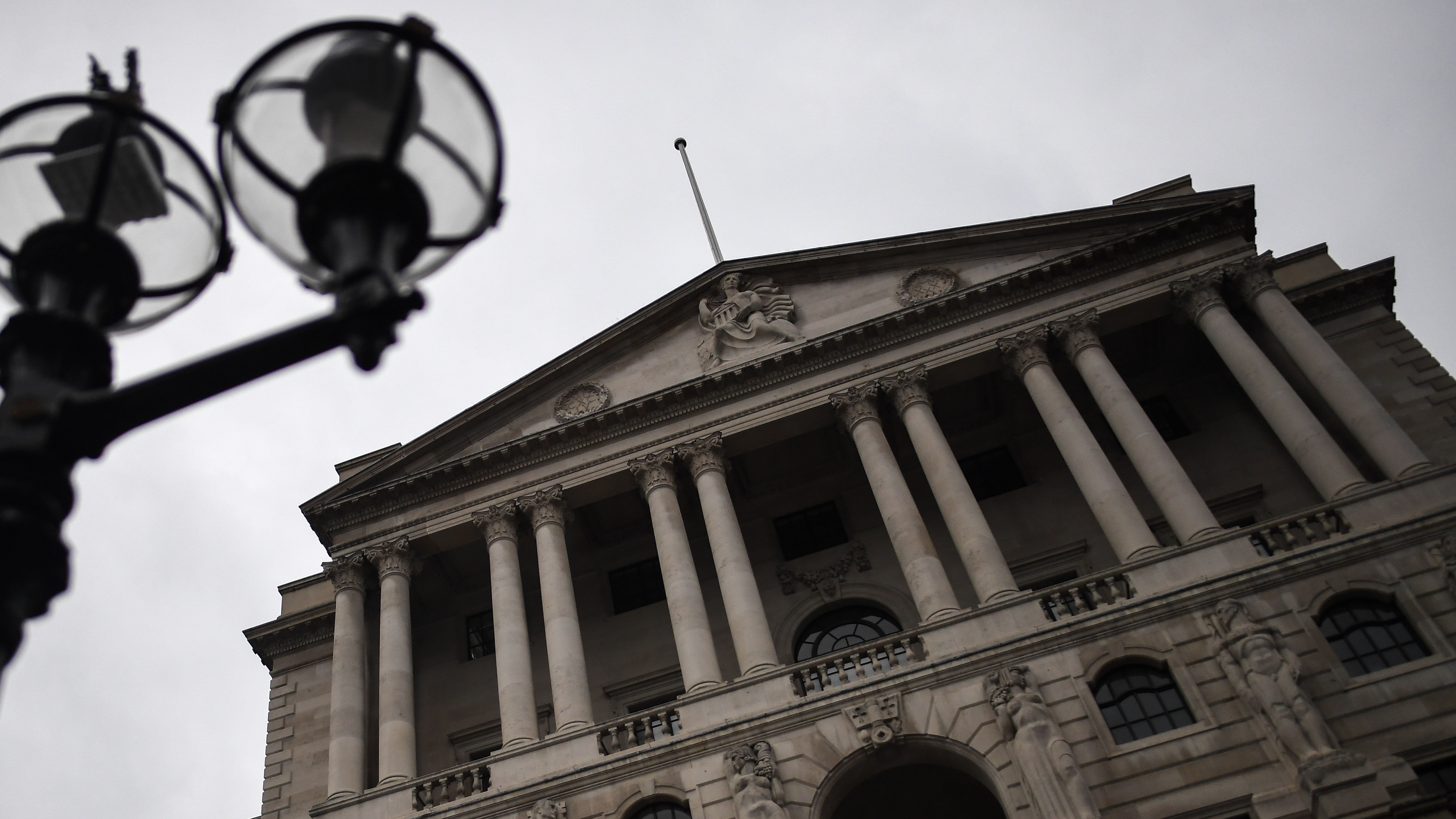Pensioners '£20 a week better off' than working families
Property, private pensions and state's 'triple-lock' policy push older people's incomes above their children's

A free daily email with the biggest news stories of the day – and the best features from TheWeek.com
You are now subscribed
Your newsletter sign-up was successful
Britain's pensioners are £20 a week better off than working-age families, a new study by Resolution Foundation think-tank says.
The story is quite different from the turn of the century, when the average pensioner household was £70 a week worse off than working-age peers, says the BBC.
However, the change is not a result of all pensioners doing much better, but rather reflects the move into retirement of an especially well-off group of baby boomers, who benefitted from generous final-salary pensions and control vast property wealth.
The Week
Escape your echo chamber. Get the facts behind the news, plus analysis from multiple perspectives.

Sign up for The Week's Free Newsletters
From our morning news briefing to a weekly Good News Newsletter, get the best of The Week delivered directly to your inbox.
From our morning news briefing to a weekly Good News Newsletter, get the best of The Week delivered directly to your inbox.
"While typical incomes across the pensioner population have grown by more than 30 per cent since 2001, the typical income of someone who turned 65 in that year was only 7 per cent higher by 2014," the BBC says.
In addition, today's pensioners are more likely to work than their predecessors.
Adam Corlett, an economic analyst at Resolution Foundation, said: "The main driver of pensioner income growth has been the arrival of successive new waves of pensioners who are more likely to work, own their home and have generous private pension wealth.
"Of course, not all pensioners can draw on these income sources, which is why the state pension will always be the main income for many pensioners."
A free daily email with the biggest news stories of the day – and the best features from TheWeek.com
Former Tory minister Lord David Willetts, an executive chairman of Resolution Foundation, called for the "triple-lock" pension policy to be reviewed.
Under the policy, which was backed by all three main parties at the last general election, the state pension is guaranteed to rise in line with the highest measure of inflation, average earnings or 2.5 per cent, whichever is greater.
As a result, pensioners have enjoyed well-above inflation rises in their state pension for a number of years while working-age incomes stagnate.
Lord Willetts added: "I actually think pensioners worry about their kids and grandchildren. They don't want to live in a society where all the big increases in incomes are accruing to pensioners and other groups are being left behind."
-
 How to Get to Heaven from Belfast: a ‘highly entertaining ride’
How to Get to Heaven from Belfast: a ‘highly entertaining ride’The Week Recommends Mystery-comedy from the creator of Derry Girls should be ‘your new binge-watch’
-
 The 8 best TV shows of the 1960s
The 8 best TV shows of the 1960sThe standout shows of this decade take viewers from outer space to the Wild West
-
 Microdramas are booming
Microdramas are boomingUnder the radar Scroll to watch a whole movie
-
 Six ways to boost your finances in 2026
Six ways to boost your finances in 2026The Explainer It’s not too late to make a new year’s resolution to finally get organised money-wise
-
 The financial impact of returning to work in later life – should you 'unretire'?
The financial impact of returning to work in later life – should you 'unretire'?The Explainer Many people return to the workplace after retirement age, but what could it mean for your finances?
-
 State pension underpayments: are you getting the right amount?
State pension underpayments: are you getting the right amount?feature Hundreds of thousands of women may have received less than they were owed
-
 Early retirement: what is the ‘FIRE’ movement?
Early retirement: what is the ‘FIRE’ movement?feature Younger workers are aiming to quit the workforce early through extreme saving and investment
-
 How women can bridge the gender pension gap
How women can bridge the gender pension gapIn Depth New figures have shown the extent of the problem for women in retirement years
-
 How to plug the pension gap by buying National Insurance credits
How to plug the pension gap by buying National Insurance creditsfeature A temporary change in the state pension offers a ‘golden opportunity’
-
 Are UK pensions safe?
Are UK pensions safe?Today's Big Question Bank of England governor says its debt market support must end – but the multi-billion-pound scheme could be extended
-
 Pensions: time to end the triple lock?
Pensions: time to end the triple lock?In the Spotlight Ministers must decide whether to risk alienating older voters by ending guaranteed pension rises